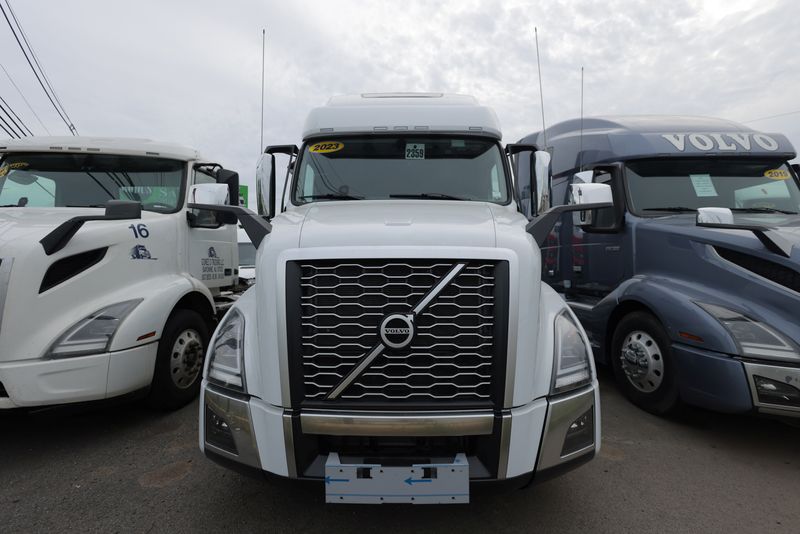By Marie Mannes
STOCKHOLM (Reuters) -Swedish truck maker AB Volvo (OTC:VLVLY) on Friday reported a bigger-than-expected rise in fourth-quarter profit but a weak order intake as it adjusted lower production levels amid softening demand.
The sector and investors alike brace for a tougher 2024 for the trucking market with analysts flagging a downturn in demand in Europe, with transport volumes coming down from historically high levels.
Volvo cut its predictions for the total European heavy truck market this year, seeing registrations of 280,000 trucks for the region instead of 290,000. However, it kept its 290,000 prediction for the North American heavy truck market.
It also raised its prediction for the China medium and heavy truck market to 800,000 from 700,000 trucks previously.
Volvo shares, which have gained around 20% in the past 12 months, outpacing a 6% rise in Sweden's benchmark stock market index, were down nearly 3% at 0808 GMT.
JPMorgan said Volvo reported a healthy set of results, but its order intake was weak, while Royal Bank of Canada pointed out margin softness as a concern.
"Today's results reinforce questions around margin sustainability," JPM said.
Order intake in the quarter fell by 9% to 49,347.
Volvo CEO Martin Lundstedt said demand was "normalising" across several markets and segments.
"We successfully mitigated cost inflation with price management, handled disturbances in the supply chain and reduced inventories," Lundstedt said in a statement.
Other truck makers are also feeling the squeeze, with rival Daimler (OTC:MBGAF) trucks citing ongoing supply shortages in key regions as a reason it saw group sales grow by only 1% for the full year of 2023.

Operating profit adjusted for divestment costs came to 18.4 billion Swedish crowns ($1.76 billion), above the 17.2 billion crowns forecast by analysts in an LSEG poll.
Volvo proposed an ordinary 2023 dividend of 7.50 crowns per share, up from 7.0 crowns in 2022. This is in addition to an extra dividend of 10.50 crowns per share, up from 7 crowns a year earlier.
